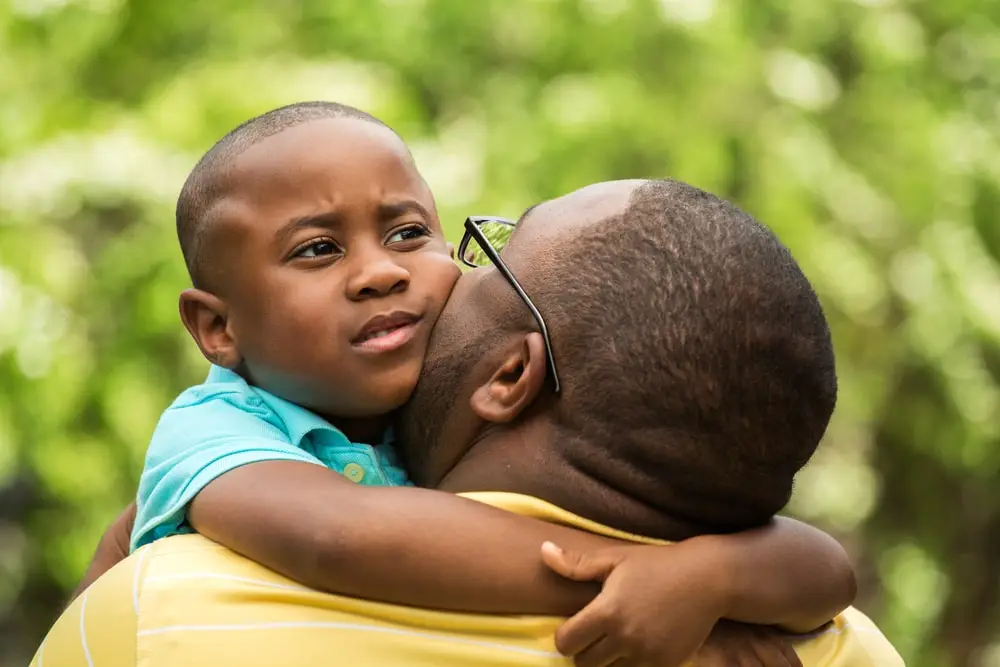How to Cope with Grief When the World Moves On

There’s a strange silence that settles after a loss. People return your calls less often. The meals stop showing up. The house feels full of things and empty of meaning. And even though your world has stopped, everyone else’s keeps spinning. You might wonder if something’s wrong with you because you’re still not okay.
If you’re looking up how to cope with grief, I want to say this first: there’s nothing wrong with you. You’re grieving. And grief doesn’t follow a script. It doesn’t check your calendar. It doesn’t ask if you’re ready. But even in the middle of it, healing is possible. Not fast, not clean, but real.
What Grief Actually Feels Like
Grief is not just sadness. It can be numbness, confusion, or anger. It might feel like exhaustion. Some days, it might feel like nothing at all. And that’s still grief.
After my husband died, I found myself standing in the kitchen one morning, staring at a spoon. It wasn’t the spoon that mattered; it was the absence it reminded me of. That’s how grief works. It hits when it wants, in ways you don’t expect.
Learning how to cope with grief starts with allowing whatever is showing up to exist. There is no right timeline. No correct emotion. Just the truth of where you are.
1. You Don’t Need to Be Strong
People will tell you to be strong. They might mean well. But grief isn’t something you push through with willpower. It’s something you live through with gentleness.
You don’t need to be strong. You need to be honest. If you feel broken, say so. If you need to cry, let yourself cry. Grief needs space to move. When we bottle it up, it doesn’t disappear. It settles in deeper.
Give yourself permission to hurt. That’s how healing begins, not by pretending you’re okay but by admitting that you’re not.
2. Small Routines Can Help
There were days when I didn’t want to get out of bed. What helped wasn’t a breakthrough or a grand plan. It was making tea at the same time each morning. It was sitting by the window and breathing on purpose.
Routines are not about distraction. They’re about grounding. Doing one small thing consistently can remind you that time still moves and that your body is still here. That your life is still yours.
Try something gentle. A walk. A journal. A quiet prayer. Don’t expect it to fix anything. Just let it hold you for a few minutes each day.
3. Let Others Walk With You
Grief is lonely. But it becomes heavier when you carry it alone. You might not want to talk. That’s okay. But know this: you are allowed to ask for help.
Reach out to someone who won’t rush you. Talk to a trusted friend. Or, if you need space to speak without filtering, consider a grief support group or a coaching program. That’s why I started Profoundly Changed, a grief support group, a place where people don’t need to explain or apologize for where they are. Just a place to be seen.
You don’t have to walk this path alone. You weren’t meant to.
4. You’re Still Allowed to Feel Joy
At some point, something might make you laugh. And then you might feel guilty. That’s grief, too.
Joy doesn’t mean you’re forgetting. It means you’re still here. And that’s not betrayal. It’s survival.
When we talk about how to cope with grief, we’re really talking about how to stay open to the sadness, yes, but also to beauty, connection, and hope. Your grief is real. But so is your capacity for light, even in the dark.
Let Greif Relieve Itself- and Ask for a Hand When You Need It
Grief doesn’t end. It changes shape. It softens around the edges. It moves to the background but never quite disappears. You’ll carry it with you, always. But you’ll also learn how to carry it better.
If you’re still asking yourself how to cope with grief, let this be a gentle reminder: you don’t need to rush. You don’t need to perform your pain. You just need space. And support. And the reminder that you are not alone.
Grief may feel like the end of something. But over time, it can become part of something new. A different life. A deeper love. A softer strength.
You’re still here. And that matters.



